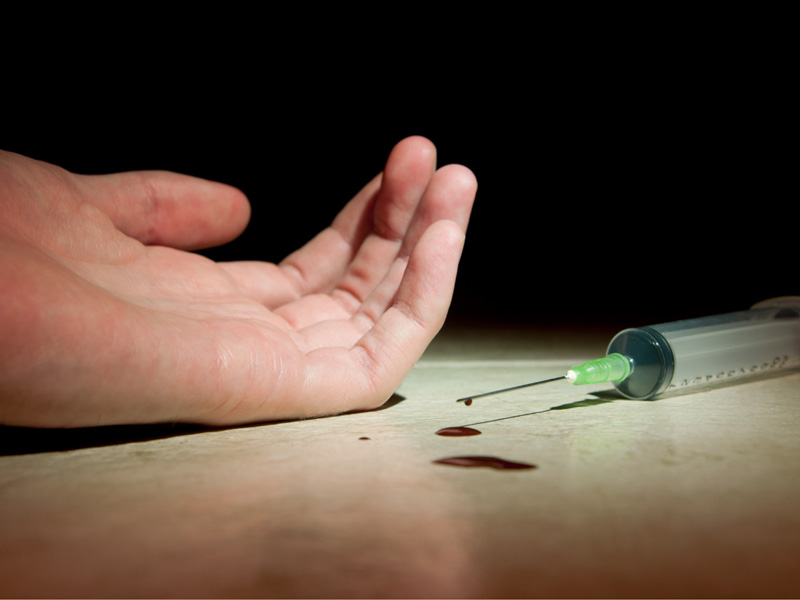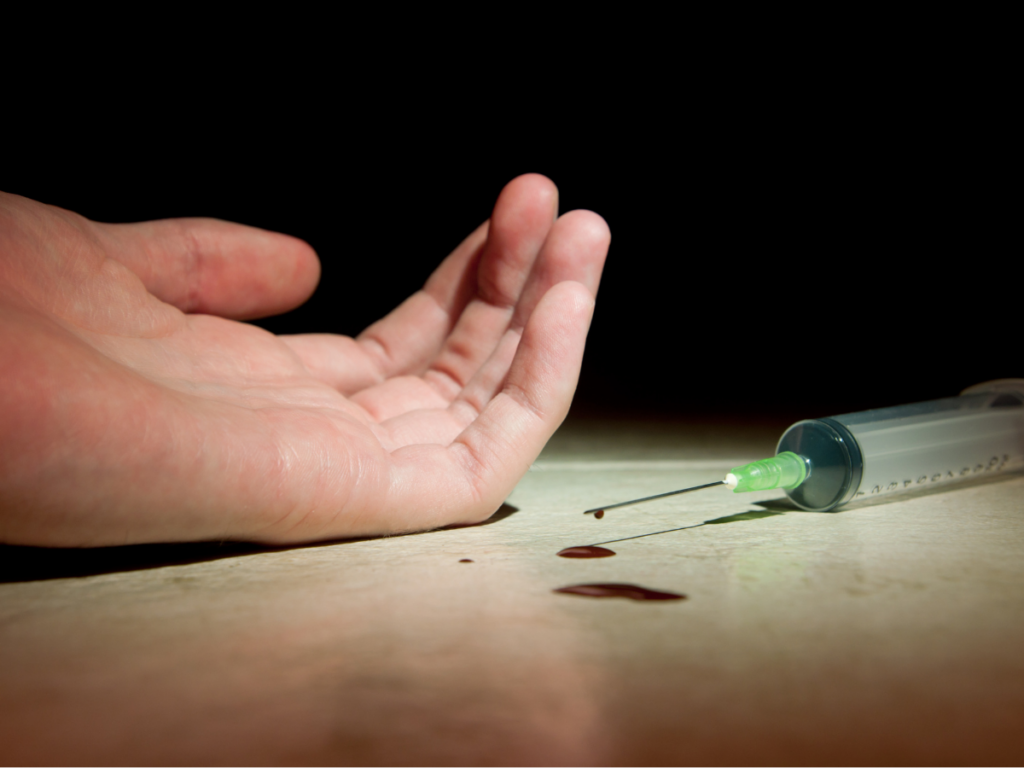 What does it mean for a person to be in denial of their addiction? Denial is a defense mechanism that individuals will take cover under to avoid being stepped on by the elephant in the room. When someone is in a state of denial, it means they are refusing to open their eyes to the physical or mental symptoms resulting from an addiction. Sometimes, it is difficult to come to terms with oneself about a self-inflicted problem, especially when the body seems to be dependent on a substance. Addiction denial can cause serious health risks if a person is persistent on the matter.
What does it mean for a person to be in denial of their addiction? Denial is a defense mechanism that individuals will take cover under to avoid being stepped on by the elephant in the room. When someone is in a state of denial, it means they are refusing to open their eyes to the physical or mental symptoms resulting from an addiction. Sometimes, it is difficult to come to terms with oneself about a self-inflicted problem, especially when the body seems to be dependent on a substance. Addiction denial can cause serious health risks if a person is persistent on the matter.
5 Stages of Addiction Denial
The five stages of addiction denial are considered the stages of grief. These emotions do not necessarily have to concur linearly, yet commonly, the first step in addiction denial is the objection process. Refusal or contemplation means a person is not ready to change, so observing their defensive behavior or mood swings is not easy. It’s like taking a hot shower and standing in front of a foggy mirror. You can faintly make out your appearance, but no detail in features. The following steps in addiction denial or grief are anger, bargaining, depression, and acceptance. Anger can be toward oneself or others trying to approach the person about their addiction. Bargaining looks like a lousy compromise to withstand giving up the substance entirely, and depression kicks in after realizing that it is challenging to stop without professional help or medical detox. Finally, acceptance means a person has re-entered reality and begins preparing for positive change.
Signs & Behaviors of the Denial Stage of Addiction
Denial of addiction is unfortunate and if left unattended, it may lead to overdose. It is vital to be observant of a loved one who may be showing signs of addiction to avoid future health dilemmas. There is a specific language of denial that can be heard when someone is misusing substances. Here are some signs and behaviors of addiction denial:
- Blaming others
- Lying or secretive behavior
- Loss of interest and work ethic
- The “it’s not a big deal” mindset
- Rationalizing their behavior or mood
- The “things could be worse” mindset
- Avoiding being honest with themselves
- Continuance of substance abuse after social life is disrupted
Causes of addiction may stem from being overly worked or stressed and using substances to distract or numb themselves from responsibility. Typically, abuse follows traumatic events or a negative family history which causes a person to seek a coping mechanism, instead of processing the happenings and self-medicating in more holistic ways. There are many reasons why a person will begin using substances, like prescription pills or opioids for pain relief. If you or a loved one is struggling with either of these addictions, begin an opioid detox or a medical detox for that substance right away to avoid long-term health issues or overdose.
What to Say to an Addict in Denial
It is essential to address a person in denial about addiction with support and encouragement. Skipping lectures or sounding judgmental is smart since you do not want to scare or push away the person who needs help. Using “I statements” like “I am concerned about your well-being” seems compassionate but straightforward. Remember not to be vague since it is a difficult situation, and explaining specific instances that made you concerned for that person is beneficial. Allow the addict to speak about their fears or why they feel the need to depend heavily on the substance in the first place. Try to avoid blaming or shaming the person; instead, listen and show you are coming from a place of love and care. It is never a bad idea to admit your experiences with drugs or explain why you never tried them if you have not used any substances. In addition, offer support and encourage professional treatment to begin the road to recovery.
Addiction Help at Our Miramar Detox Rehab
At Evoke Wellness at Miramar Treatment Center, we offer special programs like our addiction aftercare and sober support groups to help recover and prevent relapsing. If you or someone you love is struggling with addiction to cocaine, opioids, Benzodiazepine, alcohol, or prescription pills, our experienced medical staff has you covered. We will safely get you through the withdrawal process and on the way to long-term recovery. Contact a specialist at Evoke Wellness today at 833-819-6606 and ask about our residential rehab program to get started! Related Reading: Drinking Problem Signs: How to Know if You Have an Alcohol Problem Drinking Problem Signs: How to Know if You Have an Alcohol Problem


